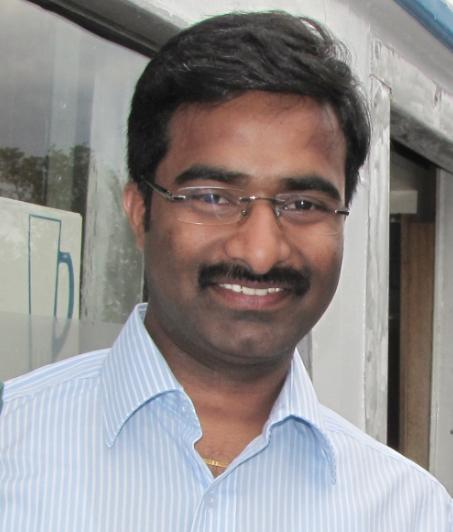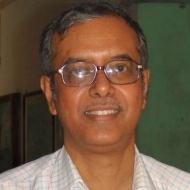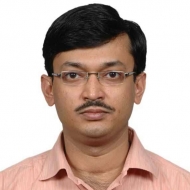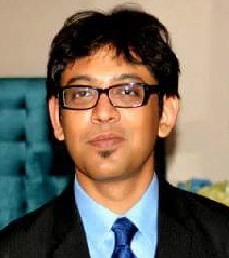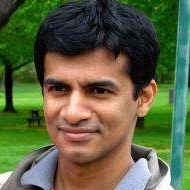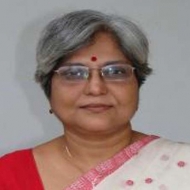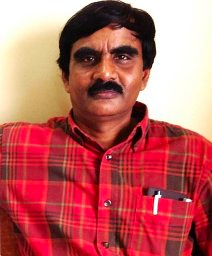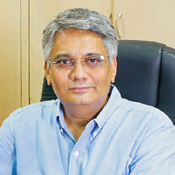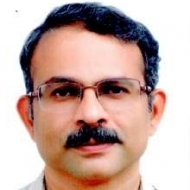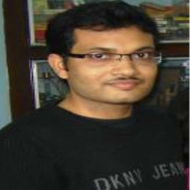Project

The technology roadmap of PCM and RRAM have been projected for the next 10 years by keeping in view of some of the key challenges with the existing Von Neumann architectural framework for high speed computing. A number of possible solutions have been systematically outlined below.


Expected deliverables of the research
- Custom-designed state-of-the art advanced memory testing facility.
- Novel materials design for high speed NVRAM.
- Ultrafast switching dynamics using insitu measurements in ps-timescale.
- Physics of switching mechanism reliable phase transformation.
- Demonstration of proto-type PCM and RRAM cells with ns/sub-ns programming capabilities.
Current status
Facilities established:
- Custom-designed state-of-the art facility for advanced memory testing and - characterization.
- Multi-target RF/DC Magnetron sputtering deposition systems
- Temperature dependent resistivity (van der Pauw) measurement setup. Memory array tester.
Collaborations
International collaborators
- Prof. Dr. Matthias Wuttig
- Prof. Dr. Riccardo Mazzarello
- Prof. Dr. Ritesh Agarwal
- Prof. Dr. Harish Bhaskaran
- Subramanian Sankaranarayanan
- Anand Raghunathan
- Supratik Guha
International education programs, conferences/seminar/webinar links
- International workshop on non-volatile memory technologies (planned)
- International workshop on neuromorphic systems with emerging technologies (planned)
Industrial collaborations
- Micron Technology Inc.
- Western Digital
Societal impact
There is an exponentially increasing demand for digital storage in portable electronic products and advancement in several key areas including the Internet of things (IoTs) has enabled interactions among several electronic devices require huge amounts of interconnected data which demands high storage density and also better processing speed of memory. This could be accomplished by a large capacity, high-speed non-volatile memory with customizable products meeting various requirements in the knowledge and information based society.
Therefore, emerging memory technologies play a vital role in various key developments including smart sensors; embedded systems, multimedia and computing devices require devices with tailored specifications. Hence, meeting such advanced electronics as part of Digital era, requisite appropriate facilities enabling societal impact relevant to customizable advanced memory though CSR funding with the support of semiconductor manufacturers including Micron Technology Inc., Western Digital and such provisions will be explored based on the merits on the innovation and research involved in advanced memory technology and appropriate schemes will be sketched through CSR funding in short, medium and long term goals.
Sustenance statement
The proposed Centre will make the following steps strategically to ensure sustenance of the Centre including maintenance and operation of equipment, periodic inspection of equipment, spares, consumables, and technical support staff.
- External funding through Industry sponsored projects as many of the key research problems addressed by the Centre is based on the Industry need, and therefore through sustained interactions with industry considerable grant will be made available throughout.
- Sponsored projects on advanced memory and computing technologies from SERB, Nanomission, Meity, ISRO, DRDO, DAE, CSIR etc., will allow constant support to meet the need of sustenance, in addition to achieving the proposed objectives of sponsored projects.
- Industrial consultancy, with Micron and Western Digital on specific expertise will allow required support.
- Conducting workshops and CEP programs on emerging electronics.
- Designing Industry requirement based on-line courses, as well as Masters program. Submitting proposals for bilateral programs as well as international funding agencies through special schemes, such as UKIERI, SPARC, Indo-Japan, Indo-US, Indo-German bilateral programs through International collaborators as part of proposed CoE

